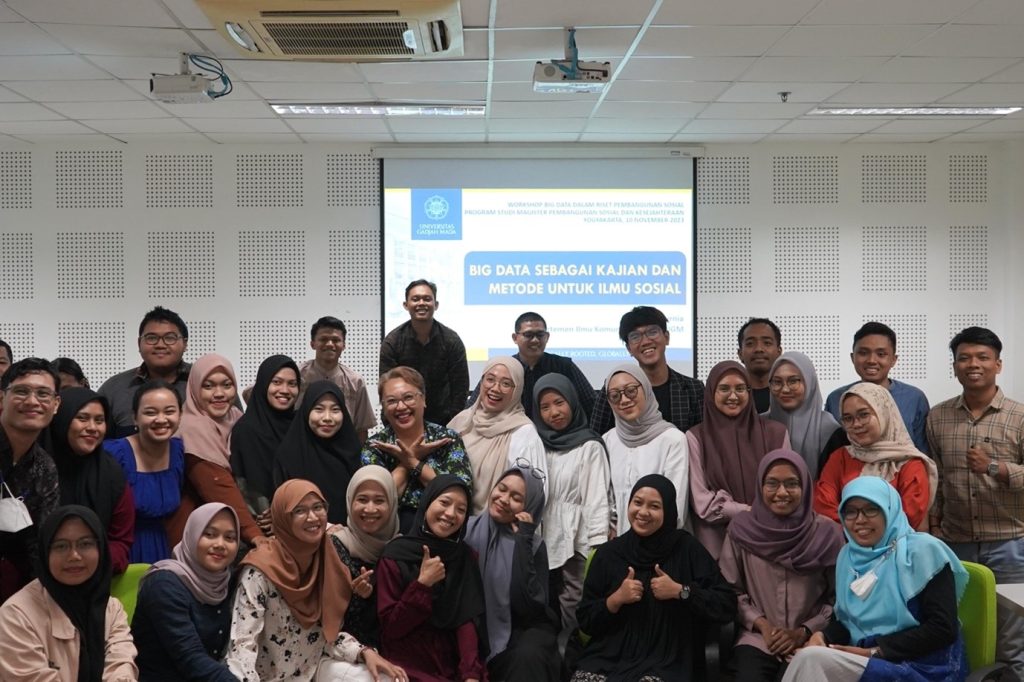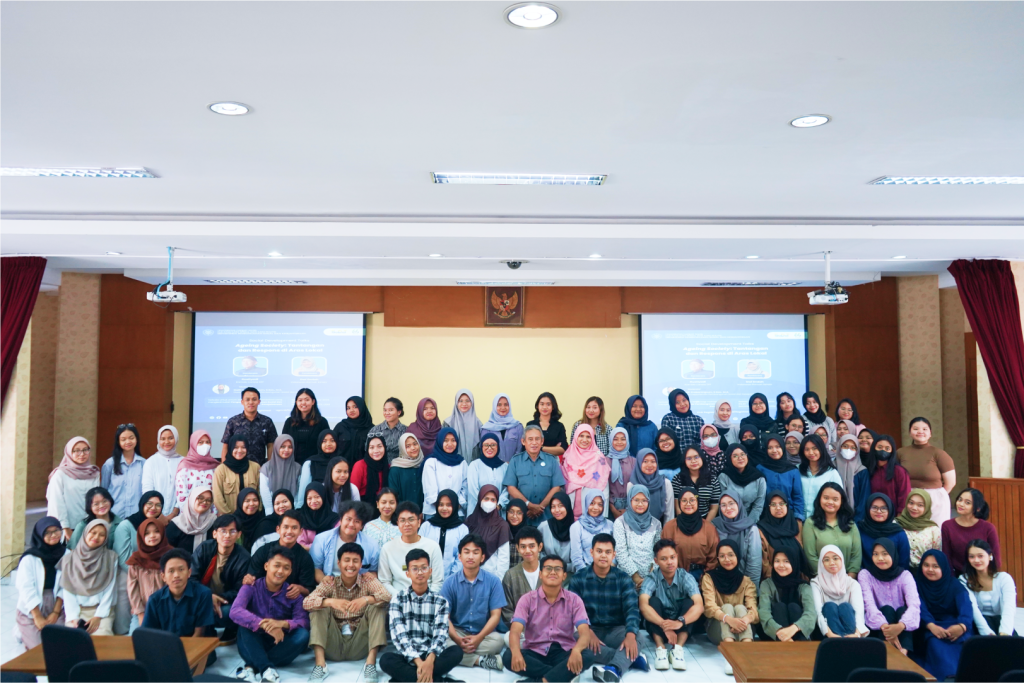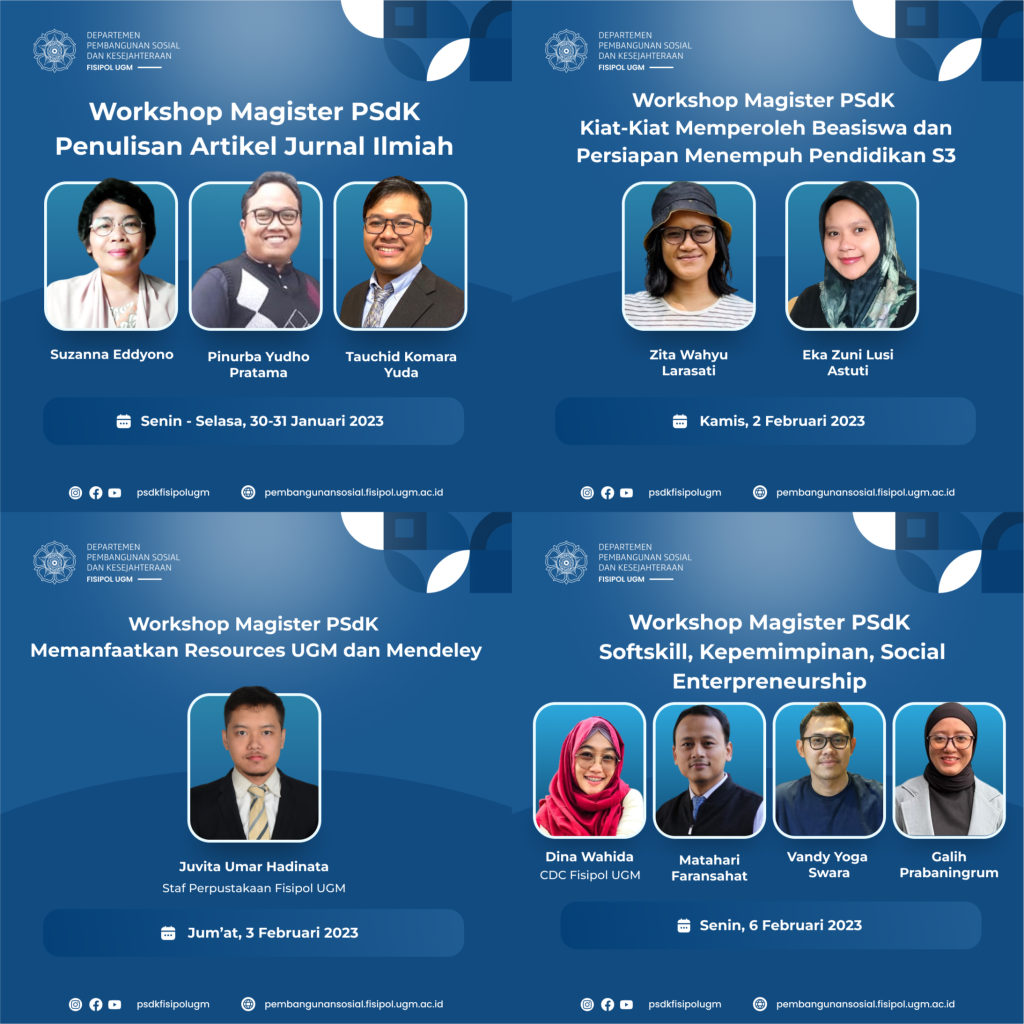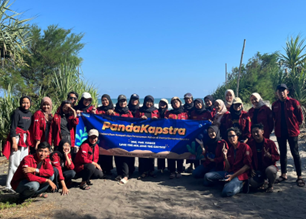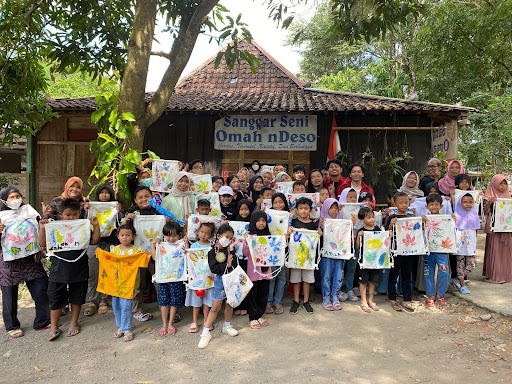Tauchid Komara Yuda
International Journal of Sociology and Social Policy Volume 30, No. 3/4, 2020
Page 220-235 | Published online: 2 April 2020
Abstract
Purpose – Using evidence from Brunei Darussalam, Malaysia, and Indonesia, the purpose of this paper is to explore how the Islamic welfare regime notion evolves in a South East Asian (SEA) context.
Design/methodology/approach – To gain a broad frame of reference in discussing Islamic welfare regimes in SEA, this paper employs a combined political-economic and cultural approach to analyze how Islamic welfare ethics in Brunei Darussalam, Malaysia and Indonesia are developed. The specific criterion used to make a comparative analysis of these countries is an interconnection between four levels of Islamic welfare actors (state, market, community and household/relatives) in providing social welfare.
Findings – Malaysia and Indonesia have demonstrated the most balanced form of “Islamic welfare diamond” in the relationship between welfare actors, even as the state-centered welfare initiative continues to be expanded, while Brunei has taken a different route. A monarchical political system underpinned by high economic growth has enabled the state to play a major role in welfare distribution, rather than other welfare actors. For this reason, Malaysia and Indonesia are described as having an “Islamic inclusive welfare regime,” while Brunei is reported to have an “Islamic welfare state regime.”
Originality/value – For the purpose of theoretical advancements, there is no doubt that this paper has proposed an alternative framework to developing an understanding of how the Islamic ethical code is articulated in a wide range of welfare configurations within the “South East Asian context.”
Yuda, Tauchid Komara. 2020. “The development of “Islamic welfare regime” in South East Asia: Drawing experiences from Brunei Darussalam, Malaysia and Indonesia”. dalam International Journal of Sociology and Social Policy, 40 (3/4), h. 220-235.
Jurnal selengkapnya dapat diakses melalui tautan berikut.

